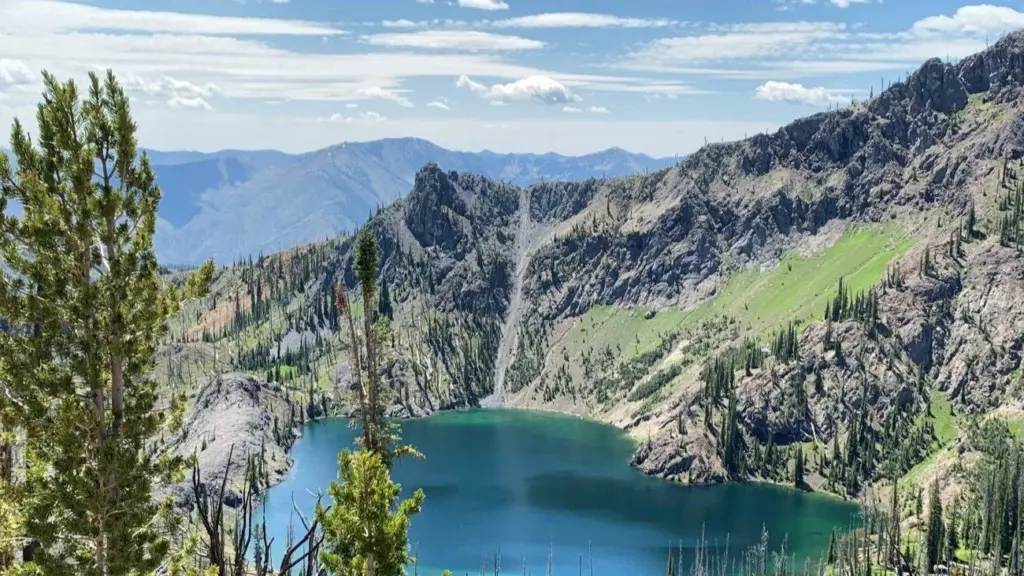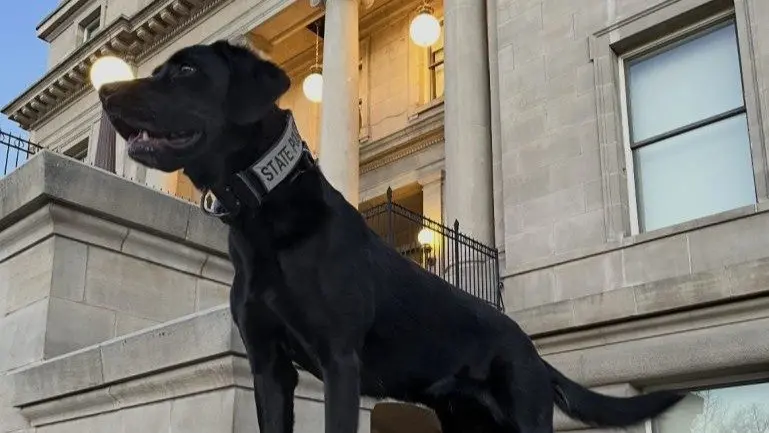SALMON, ID – Central Idaho’s Frank Church-River of No Return Wilderness got a little bit bigger this fall thanks to a partnership between two land trust organizations.
The Payette Land Trust and The Wilderness Land Trust announced this month that they partnered to purchase a 94-acre private land inholding within the Frank Church-River of No Return Wilderness last year.
In the days before the federal government shutdown began Oct. 1, the land trusts were able to transfer the land to public ownership and officially add it to the designated wilderness area, The Wilderness Land Trust Director of Marketing and Communications Margosia Jadkowski said.
That means that the Annie Creek property, which includes wetlands, gentle slopes and creeks, is in public hands and permanently protected from development.
Property would have been vulnerable to development without conservation efforts of the land trusts
The property is located near the western edge of the Frank Church wilderness, about 40 miles from McCall.
Officials said the property is located near a developed road and would have been vulnerable to development if it wasn’t purchased by the land trusts and added to the wilderness area.
The Leuthold Foundation also contributed support to help purchase the property, officials said.
“Idaho is changing at a rapid rate which requires voluntary partnerships between private landowners, organizations and foundations to conserve Idaho’s natural beauty,” Payette Land Trust Executive Director Craig Utter said in a written statement. “We are proud to work with The Wilderness Land Trust and the Leuthold Foundation to conserve this unique landscape into the future.”
One of the crown jewels of public land in Idaho, the Frank Church-River of No Return Wilderness is the largest contiguous wilderness area in the Lower 48 and includes approximately 2.3 million acres.
The Frank Church wilderness was originally created by Congress in 1980. The Salmon River flows through the wilderness, which is habitat for a variety of fish and wildlife, including deer, black bears, wolves, coyotes, lynx, elk, mountain lions, beavers, salmon and endangered wolverines.
The Frank Church wilderness also served as one of the original sites of wolf reintroduction in 1995.
“Thanks to our partnerships with the Payette Land Trust and the Leuthold Foundation, this special place will be protected for future generations to enjoy in one of America’s most iconic wilderness areas,” said The Wilderness Land Trust President Brad Borst in a written statement.
Wilderness designation is the highest form of protection for public lands in the U.S.
Private land inholdings located within a wilderness area – many of which would have been privately owned and grandfathered in before the wilderness designations were created – were not subject to the same protections as the wilderness area, officials said.
A wilderness designation is the highest form of protection available for public lands and can only be changed by an act of Congress. A wilderness designation protects land from development and motorized use, seeking to preserve the natural, primitive state of land.
Over the past 33 years, The Wilderness Land Trust has worked to buy private land inholdings within wilderness areas and transfer the properties to public ownership to become part of the official wilderness areas. Since its founding, The Wilderness Land Trust has purchased 614 such properties and transferred them to be added to wilderness areas in the U.S., Jadkowski said. The Payette Land Trust owns or holds conservation easements on 21 properties, totaling nearly 3,900 acres, officials said.
This story first appeared on Idaho Capital Sun.




